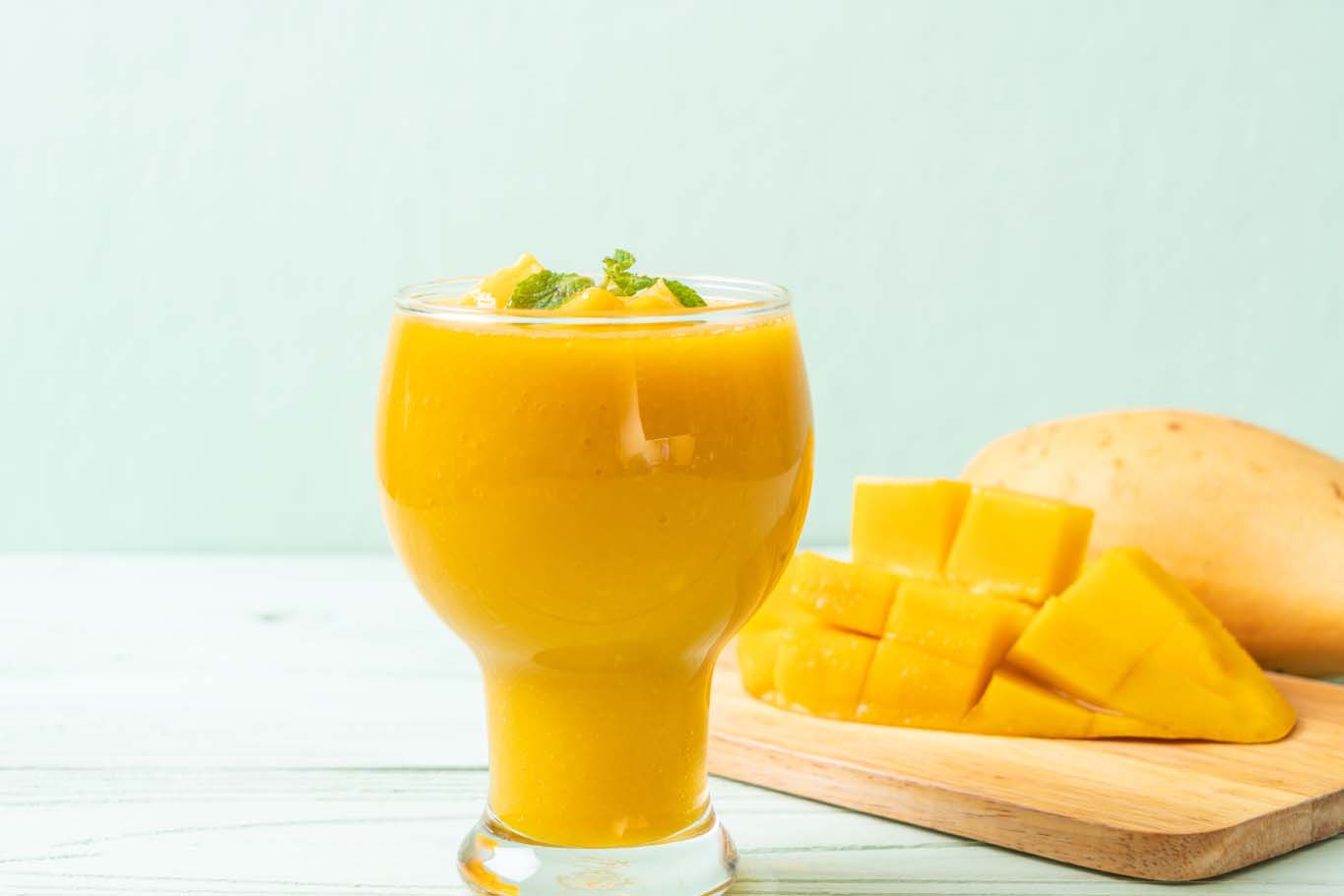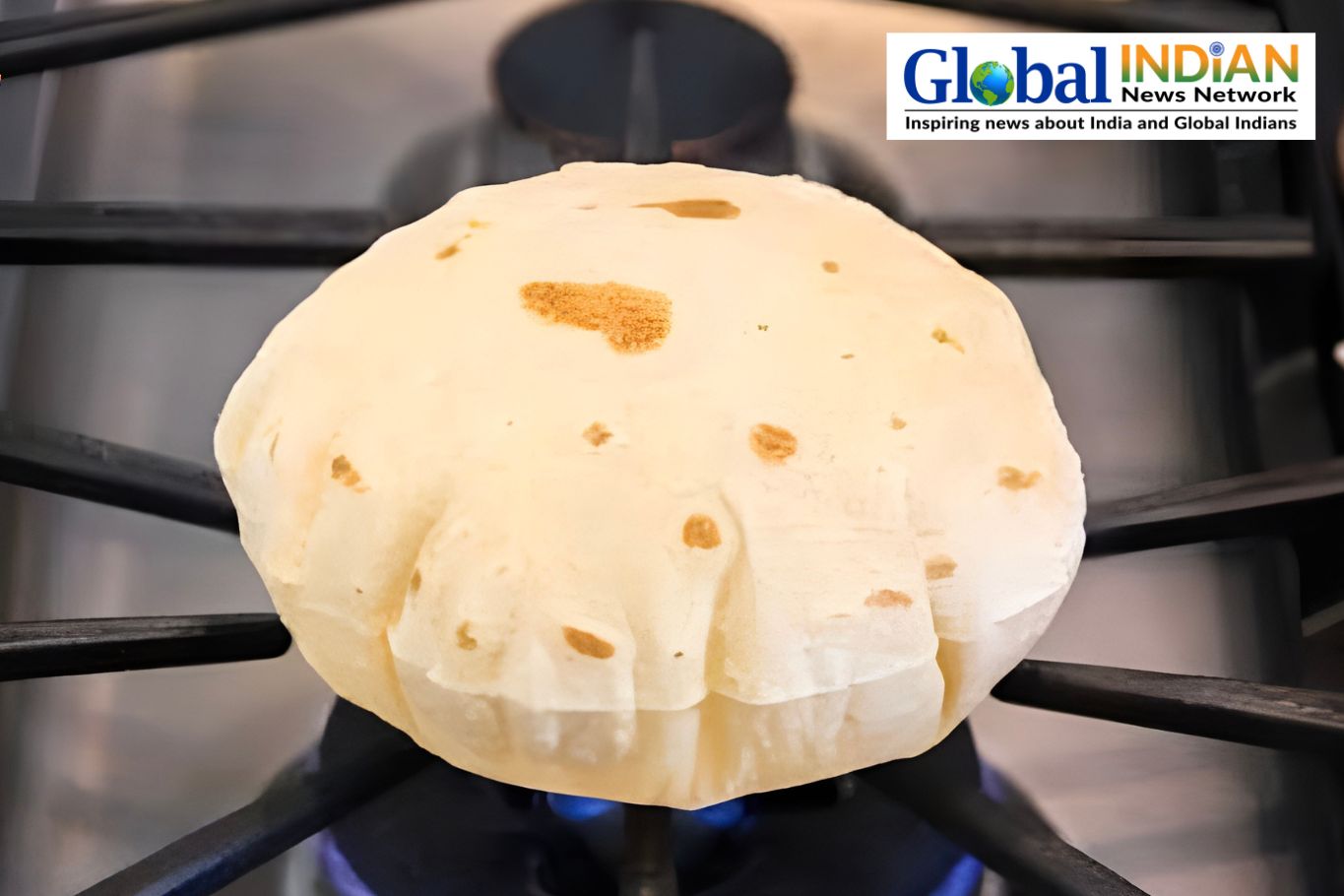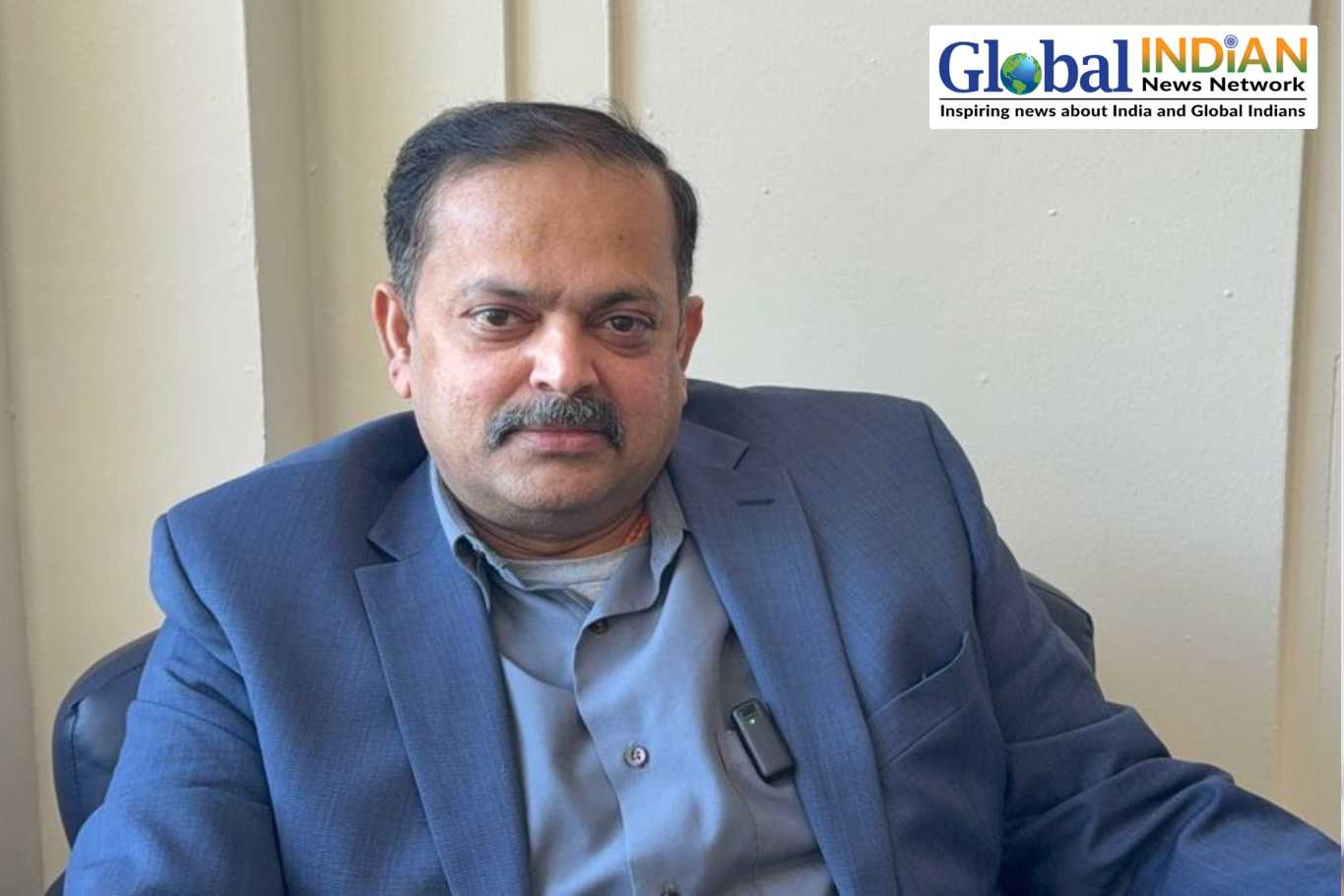
Indian culture has found a solid foothold across continents—whether it’s the television shows in South Africa or the booming popularity of Indian cuisine in North America. The diverse flavors, languages, and traditions of India have gradually become global icons. Recently, a discussion took off on social media platform X that brought attention to an unlikely cultural hero—mango lassi.
A user originally posted that nothing beats the lunch combo of butter chicken, garlic naan, basmati rice, and mango lassi. The post struck a chord with thousands and gained viral status, racking up more than 438,000 views, 232 comments, and over 11,000 likes. However, what really got people talking was a repost from an Indian user who questioned how mango lassi had become so embedded in “white people world,” especially considering that it’s not even a mainstream favorite in India.
The observation isn’t far from the truth—most Indians tend to prefer mango shakes over mango lassi during the summer season, when mangoes are at their peak. This sparked a flurry of comments, particularly from Indians living abroad. One college student in the US noted that for many Americans, Indian food seems to be reduced to just a few staples—chole, butter chicken, naan, and mango lassi. In fact, he pointed out that his university collaborates with an Indian restaurant to serve this exact combo on campus twice a week.
Other users chimed in, noting that mango lassi has become a must-have in Indian restaurants across the United States, often being served year-round using canned mangoes. One comment humorously broke it down: “Step 1: Mix India’s most famous fruit and yogurt drink. Step 2: Sell it 365 days a year—everywhere except India.”
The trend isn’t exclusive to the US. Many social media users mentioned that mango lassi enjoys popularity in countries like the UK, Japan, and Morocco. One user recalled how a restaurant owner in Morocco said that with a good supply of mango pulp, the drink sells effortlessly across North Africa.
What began as a casual food tweet ended up highlighting a fascinating contradiction: sometimes, it takes the rest of the world to celebrate what a country overlooks at home.









